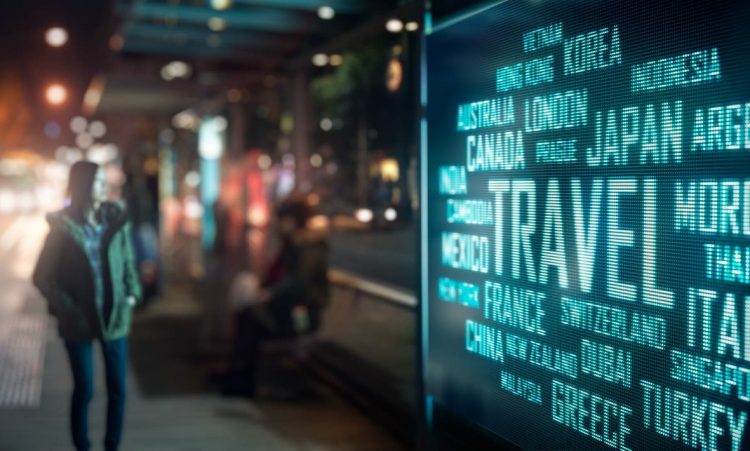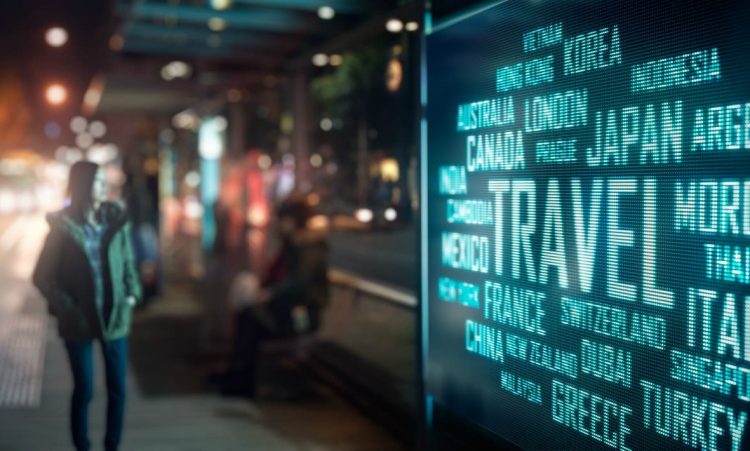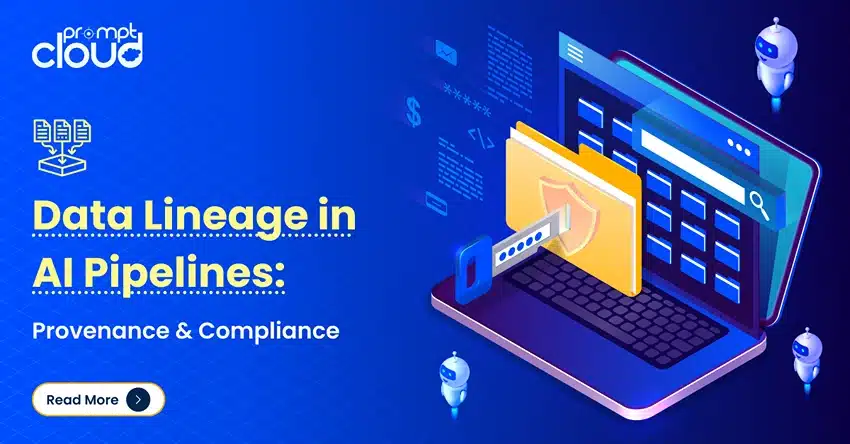
Travel Data Scraping, The emergence of online travel portals has given travelers around the world an easy and seamless experience of booking hotels, flights and even car rentals to literally anywhere in the world. Gone are the days when you left your travel plan to an agent to be the sole planner of your journey. With the convenience of online travel bookings, you can book anything from bus, train, flight, and hotels to guided tour packages and have complete control over everything from the comfort of your home. Travel booking portals provide you with the space to do your research, compare prices, and pick whatever fits your bill. This convenience level is again enhanced with the proliferation of smartphone apps. This is evident from the fact that there has been a significant rise in the number of travel bookings made from a mobile device, in the last few years.
Apart from all the perks of booking online, the discounts offered by the travel portals are not easily available anywhere else. Customers often get great deals while booking online, or at least they are made to believe so. While it might seem like online travel booking is a flawless experience, the scene behind the stage isn’t all that great. We observed some not-so-known practices while analyzing the travel data sets extracted from the popular online travel agencies. We hope our findings would help you be wary and do a little more research before clicking the ‘book’ button next time.
Showing higher prices on the app
The added convenience offered by smartphone apps apparently has a flipside. Although it’s very easy to book something from your smartphone, mobile devices aren’t great if you want to do some research before booking something. Mobile users tend to stick with the app that they have developed some loyalty to and usually go with the prices displayed by it. When it comes to researching prices, desktops still take the cake.
This is exploited by many online travel agencies as they tend to show higher prices when users search from a mobile device. We detected this practice by crawling the OTAs with mobile and web user agents and comparing the extracted prices. If you are accustomed to making your travel bookings on your mobile device, it would be wise to compare the prices on desktop too to avoid becoming a victim of this tactic.
Pricing higher if you live in an expensive locality
Many online travel agencies are using the location-based pricing tactic to get more dollars by tying the average financial status of customers with their respective geographies. This price discrimination is not favorable and considering there are no physical items to be shipped in the case of travel bookings, it is simply a form of piggybacking on customer’s spending capacity. The reasoning by the adopters of this type of pricing is that one person’s willingness to pay more can help someone else pay less. However, the average income of an area is clearly not going to be a true reflection of each and every person’s willingness to pay more. If you live in a geographical location with a higher average income, you can expect to see higher prices while browsing some online travel portals.
Demand-based dynamic pricing
Another dynamic pricing tactic used by many online travel agencies is to perceive the demand from the number of hits (web traffic) and increase the price accordingly. This means the price can go up if there are more people trying to book a flight from New York City to London on a particular date. To make sure this isn’t happening, you should ideally check the price at different times of the day. It’s good to start researching well in advance so that you aren’t in a hurry and don’t have to settle for a higher price.
Using tracking to create a sense of urgency
Every website you visit is tracking you by placing cookies in your browser. However, how they use this tracking capability is completely up to them. We saw that the search engines on some online travel agencies were storing cookies that are then used to identify you in the next visit and alter the pricing so as to create a sense of urgency.
This is how it works – you visit an online travel agency and search for hotels in Paris. If you don’t make the booking the same day and return the next day to check the prices again, you’d be greeted with bumped up prices. The prices can also go up due to the increase in demand, so it’s always good to clear your cookies so as to make sure you aren’t being unreasonably charged high.
Dimming
While extracting hotel listings from online travel portals, we came across some listings without images. While this may seem like a site error to a typical traveler, we dug further to discover that the images were most likely removed by the online travel agency to influence the booking patterns. We noticed that the listings without images also belonged to the low price range category. Since it’s obvious that no one would book a hotel room without at least seeing a picture of it, this could be their way of directing customers to the costlier hotels which would make them more money. This practice is euphemistically called dimming and is widespread among online travel agencies. Unfortunately there’s not much you can do about it if an online travel portal decides to indulge in this sort of practice. You can however do further research on the hotel by going through the reviews of that listing and looking for the images of the hotel elsewhere. If all looks good, you might be able to get a value for money booking and a peaceful stay, owing to fewer guests.
Conclusion
Since normal customers don’t have access to advanced technologies such as web scraping to identify these questionable tactics used by online travel agencies, they may easily get tricked into spending more than they should on travel portals. To ensure you’re getting the best prices, it’s always better to do a thorough research before making your travel bookings. Price comparison sites can be a good start when you want to get a quick and clear picture of the pricing across different travel portals.




















